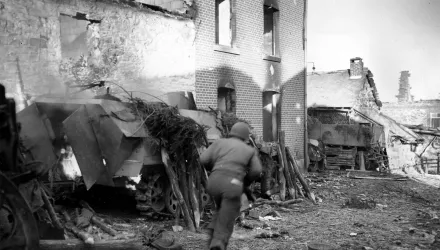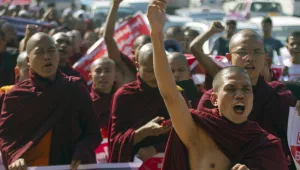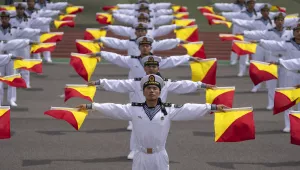International Security is America's leading peer-reviewed journal of security affairs.
Abstract
Are claims that there is a growing chasm between the military and civilian society in the United States justified? How have such dramatic events as the collapse of the Soviet Union and the end of the Cold War, as well as recent U.S. interventions in the Persian Gulf, Somalia, and Bosnia, reshaped the ideological and political preferences of America’s military and civilian leaders? Relying on extensive survey data collected between 1976 and 1996, Ole Holsti of Duke University addresses these and other questions related to the changing political and ideological identifications of the United States’ civilian and military leadership. He finds that the ideological chasm between the two groups has widened significantly, largely as the result of the military’s increasing identification with conservative Republicanism. On some issues, however, the views of U.S. civilian and military leaders have begun to converge.
Holsti, Ole R.. “A Widening Gap between the U.S. Military and Civilian Society? Some Evidence, 1976-1996.” Winter 1998/1999
The full text of this publication is available in the link below.



